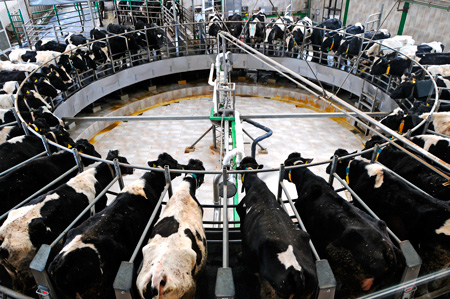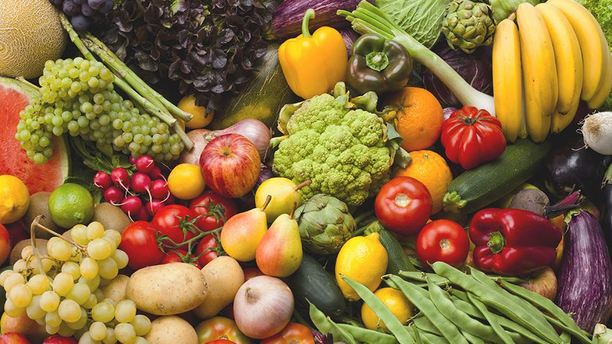More Than A Salad
When it comes to dietary choices, it seems that those who are vegetarian or vegan are misunderstood.
“Where do you get your protein from?”
“Isn’t being vegetarian and being vegan pretty much the same thing? Why would you follow that diet?” These are commonly asked questions that vegetarians and vegans get all of the time. And if you don’t know the answer to them, you might be wondering what the big deal is.
First, let’s establish what these diets even are. Not consuming any meat (yes, including fish) is a vegetarian diet. Consuming seafood but not red or other white meats is known as a pescetarian diet. Rejecting meat and any other dairy and animal products, like milk, cheese, and even honey (if you’re more extreme) is a vegan diet. Vegetarianism and veganism can be extended past the diet (like not buying animal tested products), but this all depends on why they are vegetarian or vegan.
The reasons for taking on these diets vary. Whether it’s to tackle climate change, ethical choices because of animal treatment, a healthier lifestyle, religion, or more, everyone is different.

Sreeja Yellapragada, a sophomore at NAI, has been vegetarian her whole life. At first, she was vegetarian because her parents were; but now that she’s older, Yellapragada has no desire to eat meat because she is aware of its effect on the body and how it harms the environment. She often gets asked if it’s because of her religion or race.
Similarly, when asked about people’s reactions to her dietary choices, sophomore Chelsea Boyer said, “People act like it’s an allergy.”
Even though it might not seem like it, removing meat and even dairy from your diet is not only beneficial for your body, but also for the world.
The UN calculated that 18% of world greenhouse gas emissions are due to the breeding of animals for meat, which is more than the pollution released by all forms of transport put together. Great amounts of resources are also spent in order to raise livestock. The production of one pound of beef is equivalent to the use of 20,000 pounds of water, and 15 million acres of forest land per year turn into farmland for livestock.
Converting to this diet is also beneficial for your body. Vegetarianism and veganism have been linked to a lower risk of developing cancer, heart disease, and type 2 diabetes; healthier cholesterol levels; a lower BMI; and less weight gain. If you live off of fries and snacks this isn’t likely to happen, but if you keep a well-balanced diet, you could be well on your way.
All of this is possible because of vegetables, fruits, and meat alternatives that replace the absence of meat (and dairy if you’re vegan). Most meat alternatives are made of soy (some made of gluten, like seitan), and branch off to things like tempeh. A common misconception is that there is a lack of protein in a vegetarian diet, but there are actually several vegetables that have more protein than the meat itself.
One cup of black beans has 15 grams of protein and a cup of spinach has 5 grams of protein, compared to a slice of bacon that only has 3 grams. Another myth is that you won’t get enough calcium if you don’t drink milk derived from animals, but ¾ of a cup of almonds has 320 milligrams of calcium and orange juice has 350 milligrams; which is more compared to the 305 milligrams in one cup of milk.
Finally, the meat industry is the largest cause of animal abuse in history. The amount of animals sent to slaughter each year is equivalent to eight times the human population. There are many alarming facts and conditions these animals suffer through for their whole lives, but the pictures speak for themselves.
In the end, not everyone can be a vegetarian. Alternatives aren’t always affordable or available to everyone, especially when eating out; if you don’t eat enough of everything that gives you a balanced diet, being vegetarian or vegan might not be the best option for you. The best thing to do when discussing these diets with someone following them is to not assume. Everyone is different and has their own reasons for why they eat the way they do. But before questioning someone else’s diet, try questioning your own.

Dani Benavides is a sophomore at NAI. This is her first year writing for NAEye, and she moved to Pittsburgh a year ago from Utah. She likes watching basketball,...




Alicia • Nov 4, 2019 at 11:40 pm
Estoy realmente sorprendida por la calidad y profundidad con que has realizado tu investigación. Alto profesionalismo! Felicitaciones Dani!!
Liliana Davies • Nov 2, 2019 at 11:24 am
Excelent article Dani te felicito